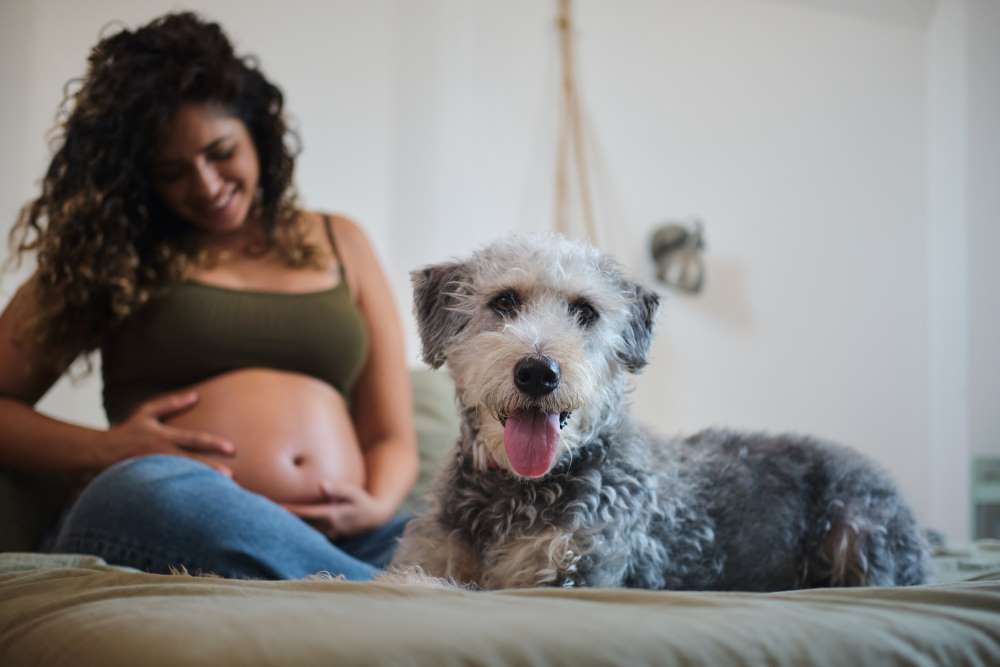
Welcoming a new baby into your family is an exciting and joyous occasion, but it also significantly changes your household dynamics. If you're a proud pet parent, it is essential to ensure that your four-legged friend is well-prepared for the arrival of your little one. By taking proactive steps and gradually incorporating a few effective strategies into your routine, you can help your dog adapt to the changes that come with a new baby. Here are a few ways to prepare your dog for the arrival of your first child to help you create a happy environment for both your furry friend and your new bundle of joy.
Gradual Changes to Routine
Dogs thrive on routine, so it is no surprise that sudden changes can be stressful for them. To help prepare your pooch, begin by gradually making adjustments to their schedule. You can try introducing new feeding and walking times before the baby arrives so that they aren't so upset when changes occur once the baby arrives. At this point in your new pregnancy and dog ownership journey, it is an opportune time to visit your veterinarian for a health check-up.
A newborn can take up much of your time, and you don't want to neglect your dog's health once the baby arrives. For advice on pet behavior, look for a service like vets in Bonney Lake who can provide a range of veterinarian services, and their experienced team members can answer any queries you may have regarding your dog's behavior and well-being during this transitional period. The vet can offer valuable insights and guidance on ensuring your dog is physically and mentally prepared for the upcoming changes.
Introduce Baby Items Gradually
Before your baby arrives, expose Fido to the sights, sounds, and smells associated with a new baby. Allow your dog to sniff baby-related items, such as blankets or clothing, to familiarize them with the new scents they'll encounter. Under supervision, let your dog investigate items such as cribs, strollers, and baby gear. This gradual introduction helps your dog associate these items with positive experiences and minimizes any potential anxiety.
Reinforce Basic Commands
Ensure that your dog responds reliably to basic commands like 'sit', 'stay', and 'leave it'. This helps manage your dog around the baby and establishes a sense of control for both you and your pet. Consistent positive reinforcement will strengthen the bond between you and your furry companion.
Create Safe Spaces
Designate specific areas in your home as safe spaces for your furry friend to retreat to when they are feeling anxious or overwhelmed. Setting up a crate or placing their comfortable bed in these spaces can help your dog associate them with positive experiences. This provides your dog with somewhere safe to go when the household becomes busier with the baby.
Socialization with Babies
If possible, expose your dog to well-behaved infants or toddlers before your baby's arrival. This can help your dog become accustomed to young children's unpredictable movements and sounds. Always prioritize safety and closely supervise interactions. Remember to reward positive behavior with treats and praise.



























